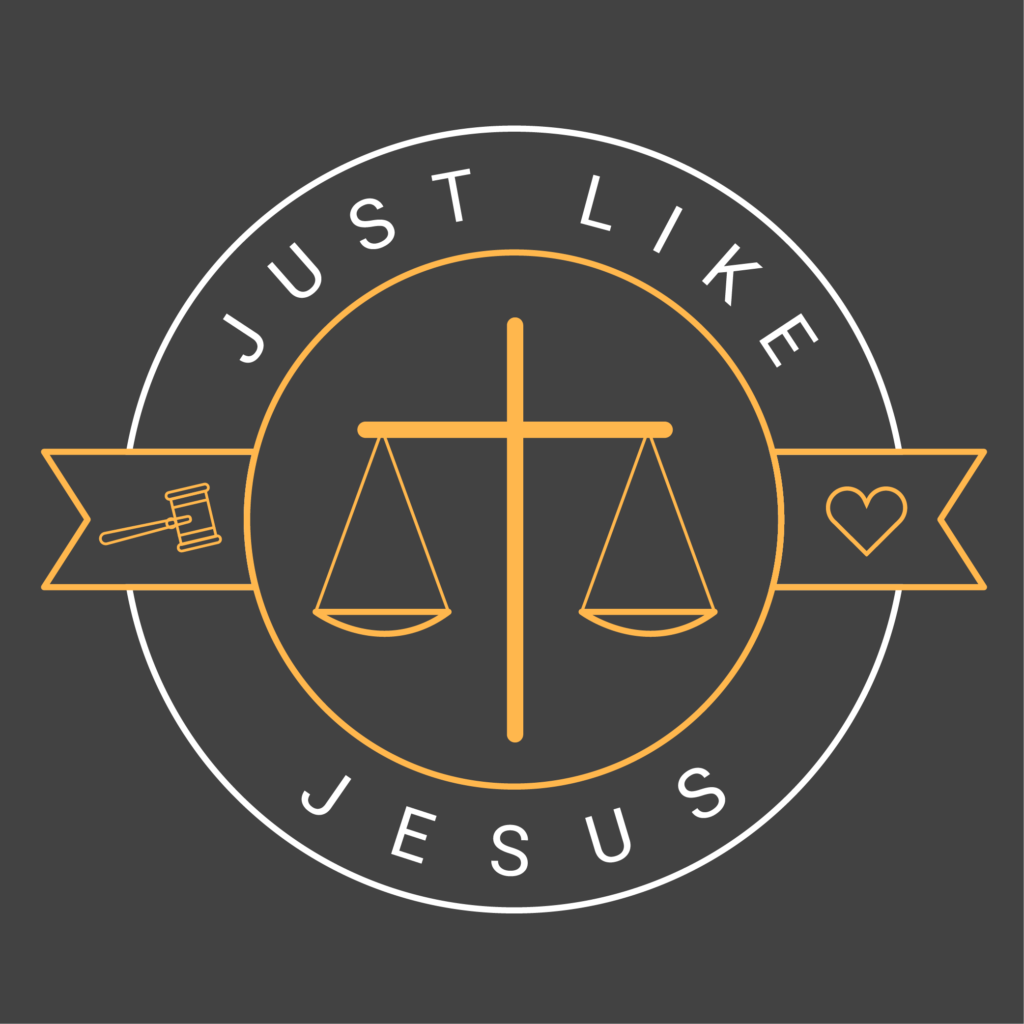
With all the noise in the world, do you hear the voice of God? Your calendar tells you what to do, but do you remember who you are? Being comes before doing. This is a call to put first things first. Return to the Lord with this daily pattern of prayer and devotion. Set aside this time as a sanctuary. Find a space free of distraction and follow this pattern.
Invocation
In the name of the Father, and of the Son, and of the Holy Spirit. Amen.
Word
“Woe to you, teachers of the law and Pharisees, you hypocrites! You give a tenth of your spices—mint, dill and cumin. But you have neglected the more important matters of the law—justice, mercy and faithfulness. You should have practiced the latter, without neglecting the former. You blind guides! You strain out a gnat but swallow a camel.
“Woe to you, teachers of the law and Pharisees, you hypocrites! You clean the outside of the cup and dish, but inside they are full of greed and self-indulgence. Blind Pharisee! First clean the inside of the cup and dish, and then the outside also will be clean. (Matthew 23:23-26)
Below historian and New York Times bestselling author Jemar Tisby talks about the difference between intent and impact. While we might not intend to harm another person, sometimes we find ourselves unintentionally harming other people.
When I speak to white evangelicals about race I often encounter a strident effort to prove that one is not racist. To be honest, it doesn’t really matter whether you think you are racist. What matters is whether your words or actions caused harm.
African Americans who have endured race-based chattel slavery, Jim Crow segregation and inequality, as well as ongoing forms of institutional injustices, deeply understand that a person does not have to intend to discriminate racially in order for racial discrimination to occur.
As an African American, I wish my white brothers and sisters in the faith understood the difference between intent and impact. Empathy is an essential ingredient in racial reconciliation. Racial minorities must feel that others understand their pain before authentic relational bridges can be built.
Spending too much energy indignantly proclaiming one’s innocence shows that the concern isn’t really for the one who was hurt. It tells minorities that their pain is less important than the reputation of the perpetrator. If it doesn’t seem like white Christians care as much about the harm caused as the intent of the offender, then racial dialogue will continue to flounder.
https://www.fathommag.com/stories/but-i-didn-t-mean-to-be-racist
How might we lead with empathy like Christ? How might our Christian faith implore us to focus on those who are hurting rather than protect ourselves?
Prayer
Lord, lead me in peace with my neighbor and justice for the oppressed. In your name we pray, Amen.
